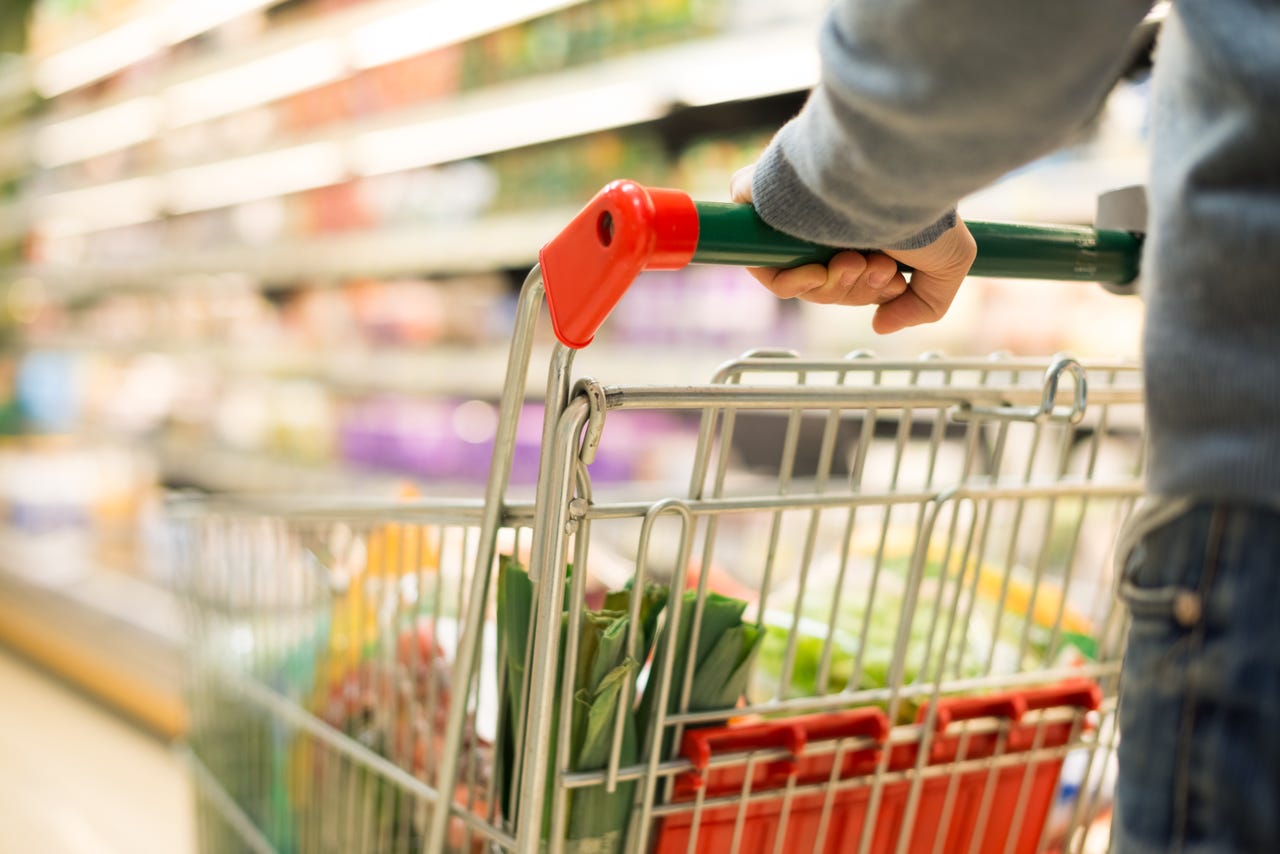JD.com expands into fresh food supermarkets in Beijing


Running under the name of "7Fresh", the supermarket chain officially opened on Thursday is the first physical fresh food retailer operated by JD.com, which is boosted by the use of a mobile app, digital payments, and a number of high-tech features, according to a NetEast report.
About three quarters of products sold in the supermarket are fresh food. Users can also order via the 7Fresh app to have goods home delivered within 30 minutes for those living within 3 kilometres of the store.
The first 7Fresh store is located near JD.com's headquarters in Yizhuang, a district of Beijing. The 4,000 square metre supermarket offers smart shopping carts which can reportedly follow specific consumers and avoid obstacles automatically. The carts are able to queue at the counters automatically when finished.
All the detailed information of fruit including its name, origin, sweetness, and other guidance will appear just by swiping it to a nearby scanner. The market also supports on-site cooking, allowing a customer to have their meat or seafood cooked inside the supermarket.
7Fresh supports nearly all types of payment methods in China including cash, credit card, WeChat payment, as well as payments completed through facial recognition, according to the report.
A president of 7Fresh told media that the supermarket has welcomed over 10,000 customers each day during the first six-day trail operation. JD.com plans to open as many as 1,000 similar stores in China over the next three to five years.
JD.com is following Alibaba Group, its major ecommerce competitor in China which has already launched 25 similar high-tech physical fresh food supermarkets under the name of "Hema" in seven Chinese cities. Hema supermarkets also features fresh food sales and on-site cooking, as well as 30-minute delivery for nearby homes.
Alibaba, which opened its first Hema supermarket in Beijing in June 2017, said it plans to 30 more similar stores in the city this year, other Chinese reports suggest.
Related Coverage
Here's how 3D food printers are changing what we eat (TechRepublic)
3D-printed food offers new possibilities such as intricate designs, automated cooking, mass manufacturing, and personalised meals. But will it ever replace the traditional methods we know today?
Supermarket tests robot arm for packing your shopping
Robotic hand used for picking and packing fruit at Ocado's warehouse.
How to use machine learning to improve customer service (TechRepublic)
At the 2017 Google Cloud Next conference, the company hosted a session on how companies can use their machine learning tools on Google Cloud Platform to streamline their customer service efforts.
As Alibaba ramps up, Amazon loses the plot in Asia
The US online retailer finally introduces Amazon Prime in Singapore but the launch has been described as "piecemeal", which should give Alibaba even more room to expand its own footprint in the region.
How an IoT sensor is helping Australian milk reach China faster
Telstra, Peloris, Chinese quarantine, Sendum, M2M Connectivity, and multiple Australian milk producers are bringing fresh dairy to China within 36 hours, with the companies using IoT sensors for tracking and temperature monitoring.